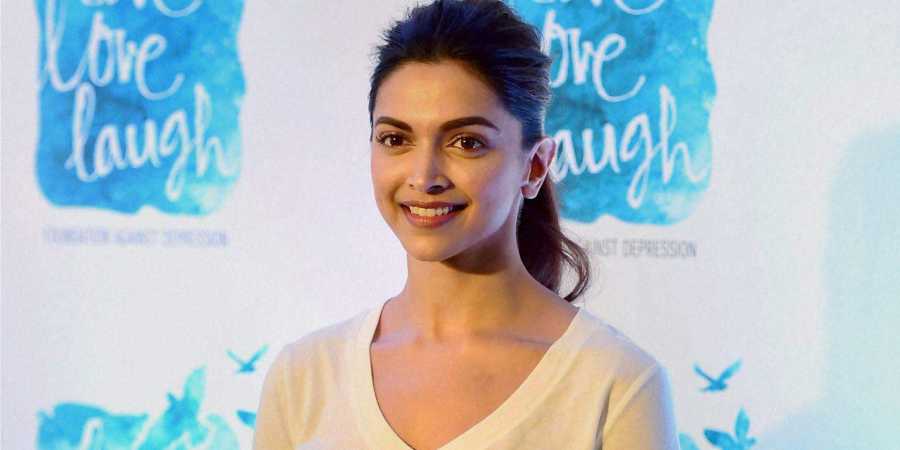
India is a young nation. It has more than 50% of its population below the age of 25 and more than 65% below the age of 35. But does that makes India a happy, contended and productive nation? It’s difficult to give a direct answer to this question. Recently WHO released a report (2018) suggesting that India is the most depressed country in the world, with a large majority of the population also struggling with anxiety, schizophrenia, and many other serious mental health issues.
In 2017, Arjun Bhardwaj 24, jumped off Taj Lands End’s Building, and streamed his suicide live on Facebook. Titled a “Suicide Tutorial” the video went viral. Arjun had also left a note, which mentioned that he was struggling with addiction. Even highly ‘successful’ people have ended their life under extreme stress and emotional distress. The recent case of suicide by entrepreneur and CCD owner VG Siddhartha is still there in everyone’s memory. According to the Global Burden of Disease Study 1990-2016 published in The Lancet, Individuals between 15 and 39 years old account for the largest number of suicides in India. Also, India accounts for 37% of suicides among women and 24% of suicides in men. The report says that there has been a 40% increase in suicides in India between 1990 and 2016.
Undoubtedly, suicide has emerged as a major global public health challenge. According to Centre for Disease Control and Prevention, research has found that globally 46% of people who die by suicide had a known mental health condition. In India too, mental health issue is a major social and health challenge, but has not been acknowledged and addressed at the scale as it should have been. Every year, a few Bollywood celebrities come forward to encourage people to talk about their mental health struggle in an endeavor to spread awareness, but there has not been any other sustained effort in this direction. Bollywood star Deepika Padukone recently came out as a mental health advocate. “There is a need to stop the lack of awareness and the fact that a lot of people struggle with mental illness and they don’t even know what they are dealing with. I want people to be more aware of their mental health, the signs, and symptoms of it, what they are experiencing and the fact that you must seek help. I think that’s what we all want to see in the long run,” she had said on the issue of mental illness.
According to Tanvi Malick, a psychologist from The Bare Talk, mental health already is a huge epidemic in India. “The list of mental illness is endless. We have very high rates of depression, anxiety, stress-related disorders, substance abuse-related conditions, etc. A mental health condition can affect anyone, I have seen children as young as 10 to people in their 70’s struggling with mental health, and people of all genders and all kinds of professions.”
“The alarming signs for help for mental health are the inability to pay attention, sleeplessness or oversleeping, not being able to enjoy things you used to love, lack of or a major increase in appetite, irrational fears, significant changes in behavior,” she added.
A major reason why people don’t want to accept mental disorder and reach out for a professional help is the stigma attached to it. “Things have changed a lot lately but the stigma persists among many. People are still hesitant to see a therapist because people around them can be unsupportive and judgmental. I have seen teenagers & young adults fighting with their parents to let them go to therapy, adults bring in their parents for therapy, where their parents are not ready to believe that their child needs help. Unfortunately, in trying to stay away from societal judgment, we are not only pushing our children away, but we are also worsening their mental health. It’s a sad but widely accepted truth in our field,” Malick said.
According to Dr. Pulkit Sharma, Clinical Psychologist and Therapist, VIMHANS, “The rapidity with which our society is changing, the traditional structure is breaking down, and many people fail to cope with changing times, due to this they often take refuge with addiction be it, drugs, alcohol, nicotine. I am also seeing more addiction cases in a child who has hit puberty or in their adolescent, they are either a drug addict or a mobile phone addict”, He shares.”
Though, gradually, there has been a shift in the way mental disorder is looked at, with several organizations, public health professionals and activists, working hard to spread the awareness, but it will take more time and efforts to reach out to everyone. Sharma believes that “With the increase in awareness, people have become more compassionate and empathetic towards those who are suffering from mental illness.” “But that is in bigger cities. In smaller cities and towns the situation is relatively unchanged,” he said.
Malick suggested “What we need at this point, are government interventions to start working on mental health at a grass-root level. Our Mental Health Care Act came into force in 2018, which promised to provide treatment, to provide provisions to reduce stigma and improve the accessibility of mental health services among other things, but the progress on that is minimal if any. Apart from putting up the helpline numbers for those who are feeling suicidal, the government needs to come up with a better plan to help.”
Holistic well-being will remain elusive if both, body and mind are not healthy. Any susceptibility to emotional disorders such as panic attacks, insomnia, substance abuse, depression, and suicidal thoughts, need immediate medical interventions, before it manifests itself in a more serious and life-threatening form.
